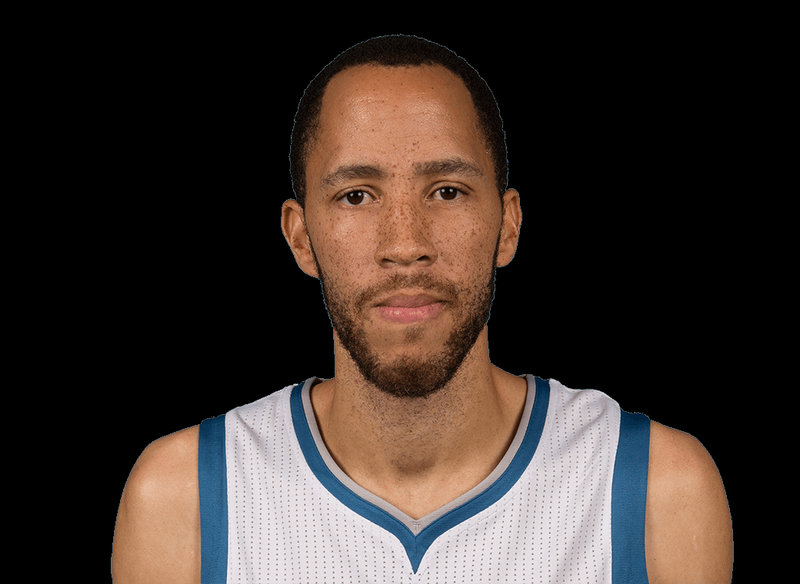Is Tayshaun Prince’s Calm Demeanor Overlooked in Big Defensive Moments?
When talking about the main characteristics of the best defenders in the NBA, one usually brings up traits like agility, strength, and tenacity. But perhaps an even more deserving quality is composure. Is it possible that Tayshaun Prince’s calm demeanor is underrated in terms of its effect on really big defensive moments? This is an issue worth looking into, because it could be that Prince’s ability to maintain his poise in pressure situations has had a lot to do with his defensive effectiveness—maybe even more so than the traits one usually associates with good defense.
The Impact of Composure in Defensive Play
Executing a successful defense requires precision. The task calls for reading the opponent’s movements and reacting without delay. It demands composure in the heat of the moment. Tayshaun Prince long ago earned my admiration for these very qualities.
For instance, in the 2004 NBA Finals, Prince performed in a recent performance-defining role against the Los Angeles Lakers. His defense in guarding Kobe Bryant was, not surprisingly, a standout segment of that series. Statistics from that series show that Prince limited Bryant’s shooting percentage. But what the stats miss is the calm Prince exhibited in guarding an opponent renowned for his scoring skills. And this was no fluke.
Additionally, throughout this series, Tayshaun managed an unfathomable 2.5 steals per game. His getting unperturbed in pressure situations allowed the Motor City to come up with key Turnovers leading to opportunities for fast breaks. The Piston’s winning the final in this upset can be credited largely to the stifling defense delivered by Prince.
Is Tayshaun Prince’s Calm Demeanor Overlooked in Big Defensive Moments?
Prince frequently fails to get the recognition that he deserves for his defensive prowess. Fans and analysts tend to gravitate toward talking about offensive stars during the playoffs. However, Prince’s quiet effectiveness should not be overlooked. He posted an impressive career average of 1.1 steals and 0.8 blocks per game, which showcases his ability to defend without gambling.
In addition, his defensive play was based on intelligent positioning rather than aggressive tactics. He didn’t foul often, even when it would have been justified. He averaged just 2.2 fouls per game over his career, which permitted him to maintain significant minutes in crucial playoff games without denting his team’s defensive structure. This was also a function of his not gambling much on steals and deflections; he was rarely out of position.
Besides, we cannot ignore the psychological aspect of defense. A calm player can have a beneficial influence on his teammates, making them more confident and relaxed. Prince often was the presence on the court that allowed his teammates to be at ease and concentrate on their parts of the play. We have seen this in defensive schemes the Detroit Pistons ran during their championship run.
Statistics Highlighting Prince’s Defensive Impact
To understand in greater depth the significance of Tayshaun Prince’s coolness during defensive situations, let us take a look at some pertinent figures. He was in fact, consistently among the top players in the league in terms of defensive rating from 2002 to 2007.
- Defensive Rating: Prince kept a defensive rating near 100, signifying his efficiency in hampering foes from putting up points.
- Win Shares: He generated a total of 46.6 Win Shares over his career, an accomplishment that carries some weight for a player whose main claim to fame is defense.
- Defensive Box Plus/Minus: The average for Prince’s defensive box plus/minus is +2.7, which suggests he is making a notable, positive impact when he is on the court.
These statistics show that Prince not only was a defensive player, but also somehow managed to turn that act into an offense or at least keep the act from affecting his team’s offense. He never surrendered easy baskets. This leads me to believe that in some sneaky way, he was either directing his opponents toward certain offensive players (who were easy to stop) or funneling them toward specific areas on the court where they were easy to stop.
Conclusion: Reevaluating Defensive Demeanor in the NBA
In summary, the issues in question are: Is Tayshaun Prince’s calm demeanor overlooked when evaluating his contributions to big defensive moments? Evidence suggests that it is a critical component of his defensive success. Composure under pressure not only allows defenders to anticipate plays and make sound decisions but also to influence their team’s defensive cohesion. As business leaders can surely attest, maintaining one’s composure is essential during pivotal moments, whether in crunch-time situations on the court or in boardroom negotiations.
Thus, as fans and analysts consider Prince’s career, they must appreciate that his cool-headedness was not merely a personality trait but an underrated aspect that helped his life and career take the paths they did. In a world where so many people seem to be panicking all the time, showing calm in the face of pressure can make you a special human being.
Explore More on us
Discover insightful blogs on our Blogging Space, check our SoloStat Score Explanation, and learn more about NBA All-Defensive Team.


